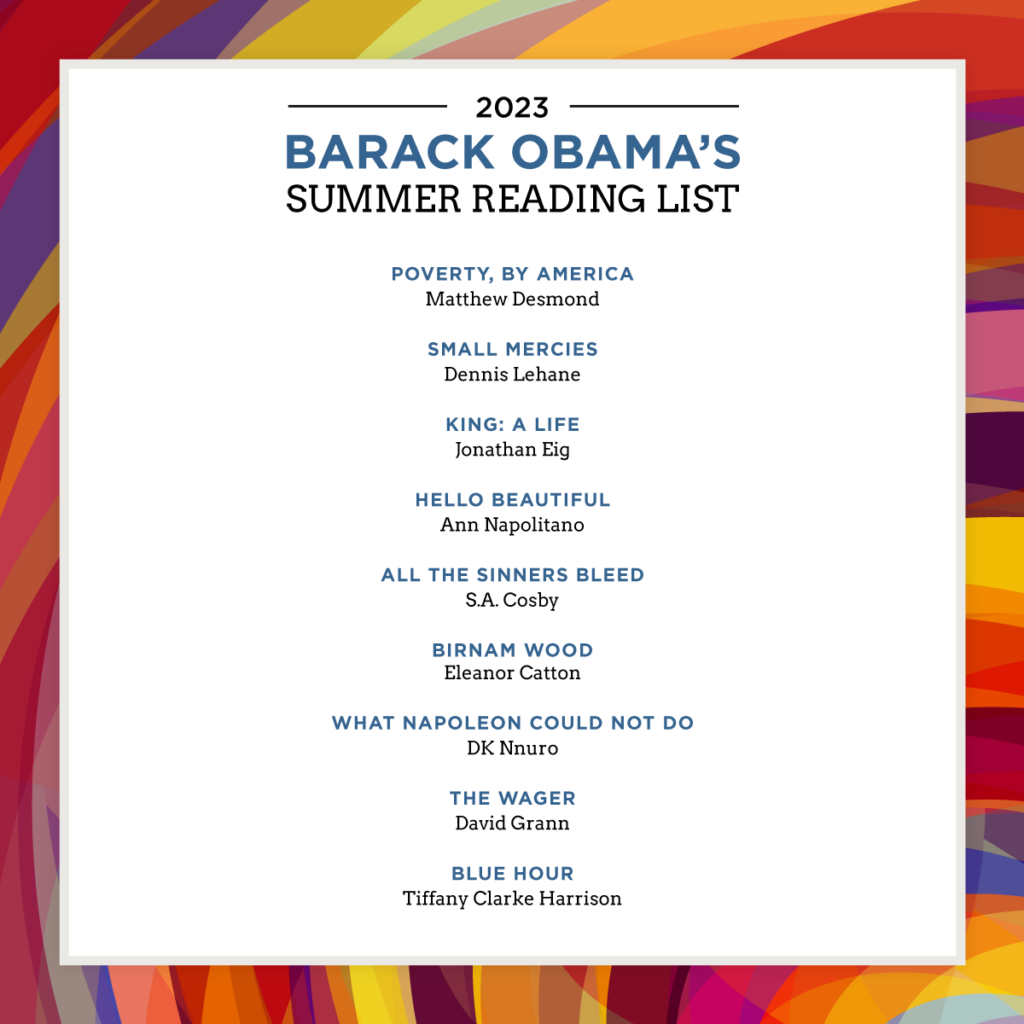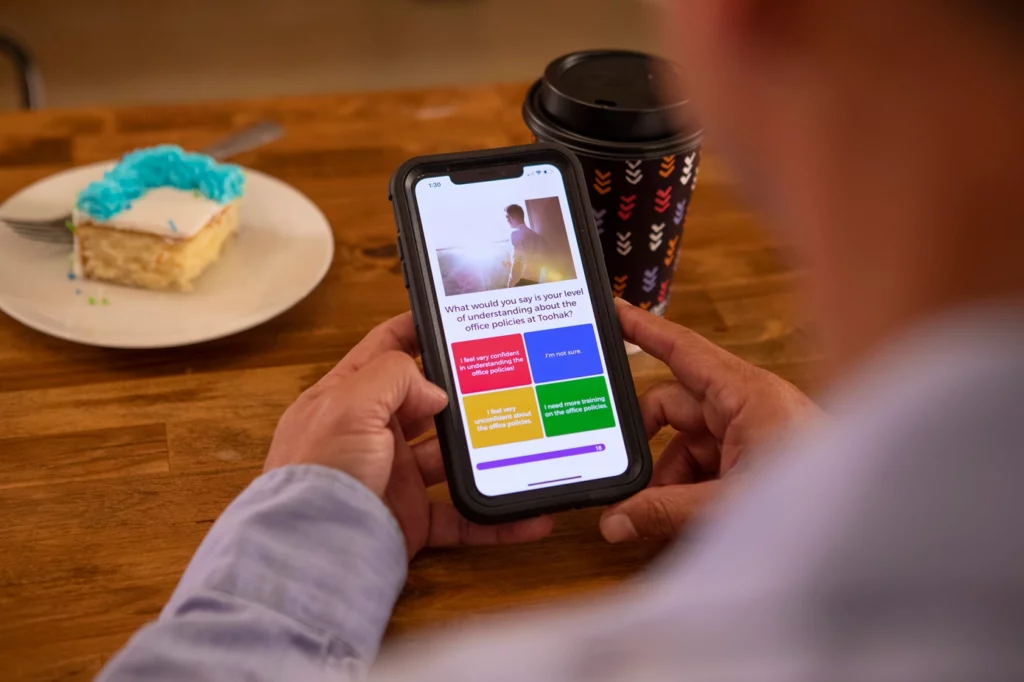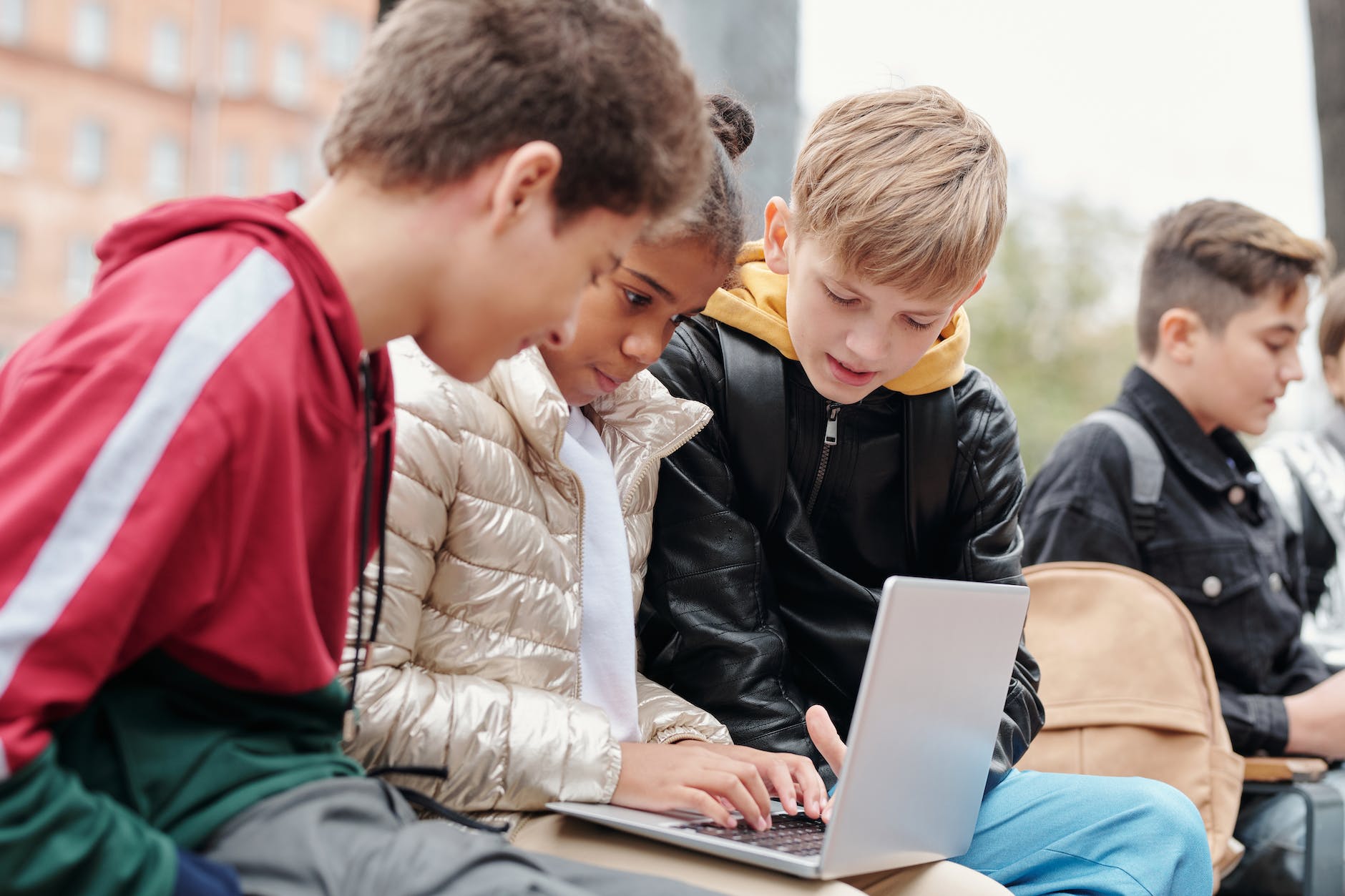
As the new school year begins, it’s essential for teachers to equip themselves with the right tools to navigate the challenges ahead. Among these tools, books can be a great source of inspiration, guidance, and self-care. Here are ten books that every teacher should consider reading as they embark on a new academic year.
The Happy Teacher Habits: 11 Habits of the Happiest, Most Effective Teachers on Earth by Michael Linsin
This book provides practical strategies for teachers to maintain positivity and effectiveness in the classroom. Linsin emphasizes the importance of habits in shaping our lives and offers insights on how to develop habits that lead to happiness and success in teaching.
- Linsin, Michael (Author)
- English (Publication Language)
- 144 Pages – 04/30/2016 (Publication Date) – JME Publishing (Publisher)
Quote: “Happiness isn’t something that just happens to you. It’s a choice. It’s a decision you make every morning, that you’re going to have a good day.”
Teach Like Your Hair’s on Fire: The Methods and Madness Inside Room 56 by Rafe Esquith
Esquith shares his innovative teaching methods and the extraordinary results they have yielded in his classroom. His passion for teaching and advocating for his students is infectious.
- Esquith, Rafe (Author)
- English (Publication Language)
- 243 Pages – 12/18/2007 (Publication Date) – Penguin Books (Publisher)
Quote: “Real success is when a teacher is able to work under the hardest conditions and still turn out to be a great person. That’s real success.”
The Self-Care Solution: A Year of Becoming Happier, Healthier, and Fitter–One Month at a Time by Jennifer Ashton, M.D.
This book is a must-read for teachers who want to prioritize their health and well-being. Dr. Ashton provides a month-by-month guide to self-care that includes diet, exercise, and mental health strategies.
- Ashton M.D., Jennifer (Author)
- English (Publication Language)
- 320 Pages – 12/28/2021 (Publication Date) – William Morrow Paperbacks (Publisher)
Quote: “Self-care is not selfish. You cannot serve from an empty vessel.”
The Power of a Positive Team: Proven Principles and Practices that Make Great Teams Great by Jon Gordon
Gordon’s book is a guide to maintaining positivity and unity within a team, making it a great read for teachers who want to foster a positive learning environment.
- Hardcover Book
- Gordon, Jon (Author)
- English (Publication Language)
- 176 Pages – 06/13/2018 (Publication Date) – Wiley (Publisher)
Quote: “A positive team is not just about being connected to each other. It’s about being committed to each other.”
Educated by Design: Designing the Space to Experiment, Explore, and Extract Your Creative Potential by Michael Cohen
This book encourages teachers to advocate for creativity in the classroom. Cohen provides a roadmap for designing a creative space that encourages students to explore their potential.
- Amazon Kindle Edition
- Cohen, Michael (Author)
- English (Publication Language)
- 248 Pages – 12/31/2018 (Publication Date) – Dave Burgess Consulting, Incorporated (Publisher)
Quote: “Creativity is not just about making ‘stuff’, it’s more importantly about developing a creative thinking mindset.”
The Courage to Teach: Exploring the Inner Landscape of a Teacher’s Life by Parker J. Palmer
Palmer’s book delves into the heart of the teaching profession, exploring the inner lives of educators. It’s a powerful read for teachers seeking to reconnect with their passion for the profession.
- Hardcover Book
- Palmer, Parker J. (Author)
- English (Publication Language)
- 288 Pages – 09/05/2017 (Publication Date) – Jossey-Bass (Publisher)
Quote: “Good teaching cannot be reduced to technique; good teaching comes from the identity and integrity of the teacher.”
Teach, Breathe, Learn: Mindfulness In and Out of the Classroom by Meena Srinivasan
Srinivasan offers insights into how mindfulness can help teachers manage stress and foster a peaceful classroom. It’s a practical guide for teachers seeking to achieve work-life balance.
- Srinivasan, Meena (Author)
- English (Publication Language)
- 224 Pages – 08/10/2014 (Publication Date) – Parallax Press (Publisher)
Quote: “When we cultivate our own mindfulness, we’re actually benefiting our students indirectly because we’re modeling what it looks like to be present.”
The Burnout Cure: Learning to Love Teaching Again by Chase Mielke
Mielke’s book is a lifeline for teachers feeling the strain of burnout. It provides strategies for maintaining enthusiasm for teaching and advocating for the profession.
- Mielke, Chase (Author)
- English (Publication Language)
- 230 Pages – 03/19/2019 (Publication Date) – ASCD (Publisher)
Quote: “We can’t control the kids or the content or the new initiatives or the old initiatives, but we can control how we think and feel about them.”
The Book Whisperer: Awakening the Inner Reader in Every Child by Donalyn Miller
Miller’s book is a testament to the power of reading and the impact a passionate teacher can have on their students. It’s a must-read for teachers who want to inspire a love of reading in their students.
Quote: “There is no program, no method, no teacher who can create readers. What we can do is provide the conditions that allow reading to happen.”
Daring Greatly: How the Courage to Be Vulnerable Transforms the Way We Live, Love, Parent, and Lead by Brené Brown
Brown’s book explores the concept of vulnerability and how it can lead to greater connection and a more fulfilling life. It’s a powerful read for teachers who want to foster deeper connections with their students and colleagues.
- Audible Audiobook
- Brené Brown (Author) – Brené Brown (Narrator)
- English (Publication Language)
- 06/26/2018 (Publication Date) – Penguin Audio (Publisher)
Quote: “Vulnerability is not winning or losing; it’s having the courage to show up and be seen when we have no control over the outcome.”
Each of these books offers unique insights into the teaching profession, self-care, and maintaining a positive attitude. As you prepare for the new school year, consider adding these books to your reading list. They may provide just the inspiration you need to make this year your best yet.
The Eclectic Educator is a free resource for all who are passionate about education and creativity. If you enjoy the content and want to support the newsletter, consider becoming a paid subscriber. Your support helps keep the insights and inspiration coming!








![by Donalyn Millerand - The Book Whisperer: Awakening The Inner Reader in Every Child (Paperback) Jossey-Bass; 1 Edition (March 16, 2009) - [Bargain Books]](https://m.media-amazon.com/images/I/518G+WAd9-L._SL160_.jpg)










